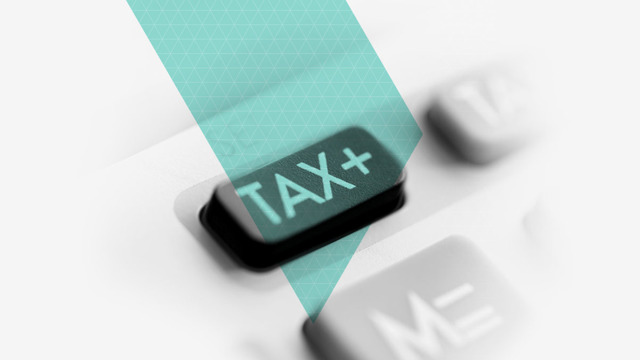The Labour Party, which is the larger of the two parties in New Zealand's current coalition government, has released its tax policy ahead of the upcoming New Zealand general election to be held on 17 October 2020. The aspect of the policy that has attracted the most attention from voters is a proposal to increase the top personal tax rate from 33% to 39%, with the new 39% rate applying to income over NZ$180,000 (approximately US$120,000) per annum. The policy estimates that the change will affect 2% of earners, and promises that there will be no new taxes, or further increases to income tax next term (including fuel taxes). It is a less radical policy than that of its junior support partner, the Green Party, which has promised steeper increases in personal tax rates and a wealth tax.
Of arguably greater significance to businesses, though, is the Labour Party's policy on the taxation of multinational enterprises. The Party has said it will "proactively work" with the OECD on "the issue of multi-national corporations not paying their fair share of tax". But if a multilateral solution cannot be found, the Party has said it "will work towards implementation of a Digital Services Tax".
Design of a Digital Services Tax
The Labour Party has not released details as to the form of a Digital Services Tax (DST) except to say that the rate at which the DST applies would be set "once the international position is clear". It is reasonable to assume, though, that a unilateral DST would be based on the framework set out in the Government discussion document: 'Options for taxing the digital economy', which was released in June 2019.
In that Discussion Document, the Government proposed a DST at the rate of 3% on the New Zealand proportion of a multinational group's gross revenue from certain digital businesses, including intermediation platforms, social media platforms, content sharing sites and search engines. The Discussion Document proposed that the DST would apply to businesses with a global consolidated annual turnover of at least €750m (US$887m), and annual revenues attributable to New Zealand from activities within the scope of the DST of at least NZ$3.5m (US$2.3m).
The DST proposed in the Discussion Document was projected to raise between NZ$30m and NZ$80m (US$20m to US$54m) in tax annually. The Government's total tax-take is over NZ$80b, meaning that even at the top end of the range, a DST could be expected to represent no more than 0.1% of the Government's total tax-take.
Next steps
New Zealand has a mixed member proportional electoral system under which a political party's representation in Parliament broadly reflects the proportion of votes cast for that party nationally. Ordinarily, no one party secures an outright majority in Parliament, meaning a major party will usually require the support of one or more smaller parties to secure a majority and form a government.
The tax policy of the Green Party, who are a support partner of the current coalition Government, proposes in its tax policy to close "loopholes and areas of under-taxation" for "digital giants". The Green Party proposes either a unilateral DST of 3% on gross revenues attributable to New Zealand users, or a multilateral solution through the OECD "if international progress can be achieved".
The largest of the opposition parties, the National Party, has not commented on the Labour or Green Parties' DST policies. The National Party has, however, promised (if elected) to introduce no new taxes in its first term of government, and to enact temporary reductions to personal tax rates as a part of the response to the economic fallout from Covid-19.
Commentators have expressed concern at the prospect of New Zealand implementing a unilateral DST. The DST is seen as problematic from a tax policy perspective: it is a tax on turnover rather than profit, it poses a high risk of double taxation (since it is unlikely to be creditable against income tax) and it runs the risk of contravening New Zealand's obligations at international law (under double tax agreements or trade-related agreements). Moreover, other countries that have legislated, or even proposed, a unilateral DST have drawn the threat of retaliatory measures from the United States.
With progress at OECD level looking uncertain, there is a real prospect of the Labour Party, if it forms part of the Government after the election, proceeding to implement a unilateral DST. It is to be hoped that the Government would carefully consider the costs and risks of implementing a DST, in light of the relatively small amount of tax revenue a DST would raise.



